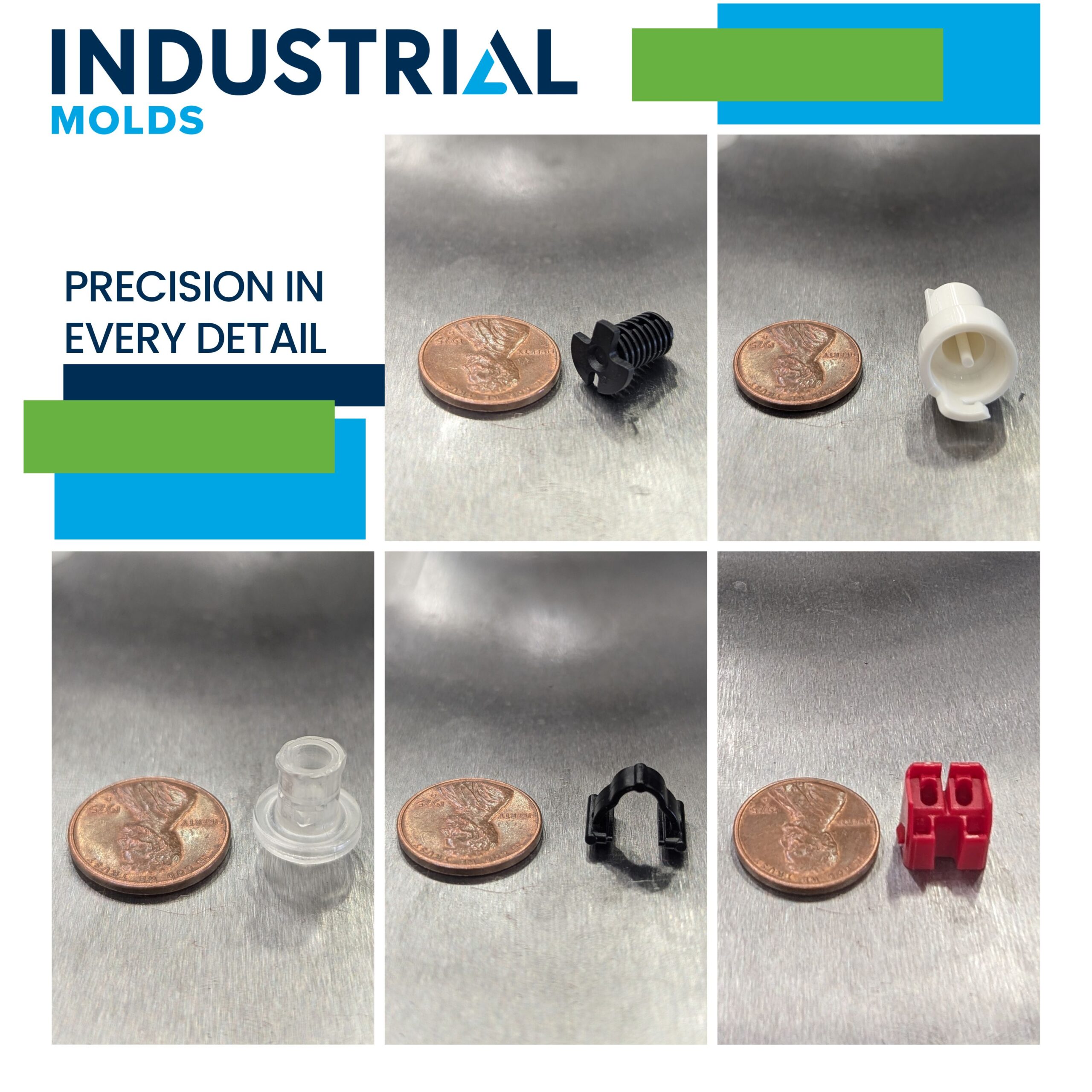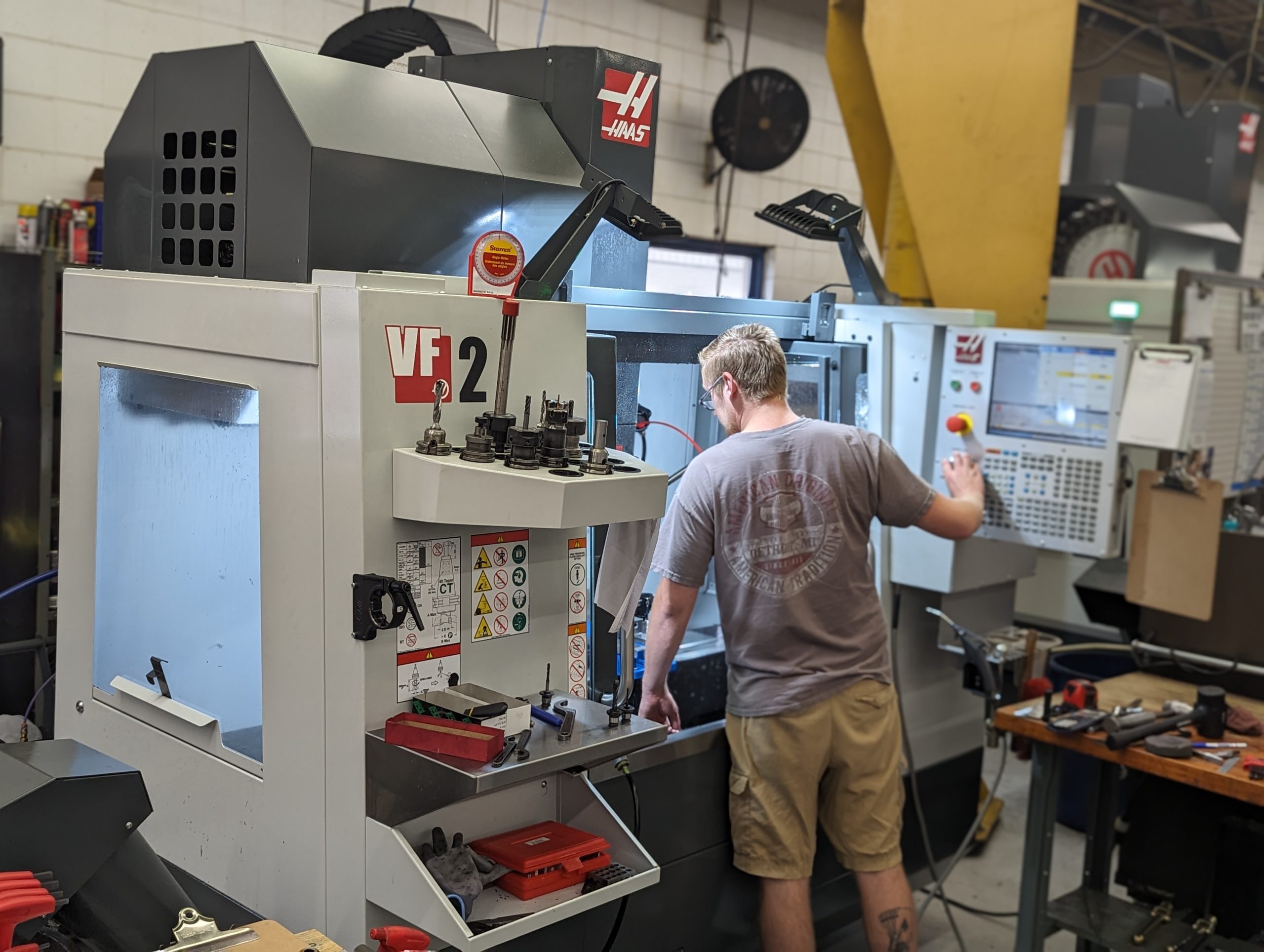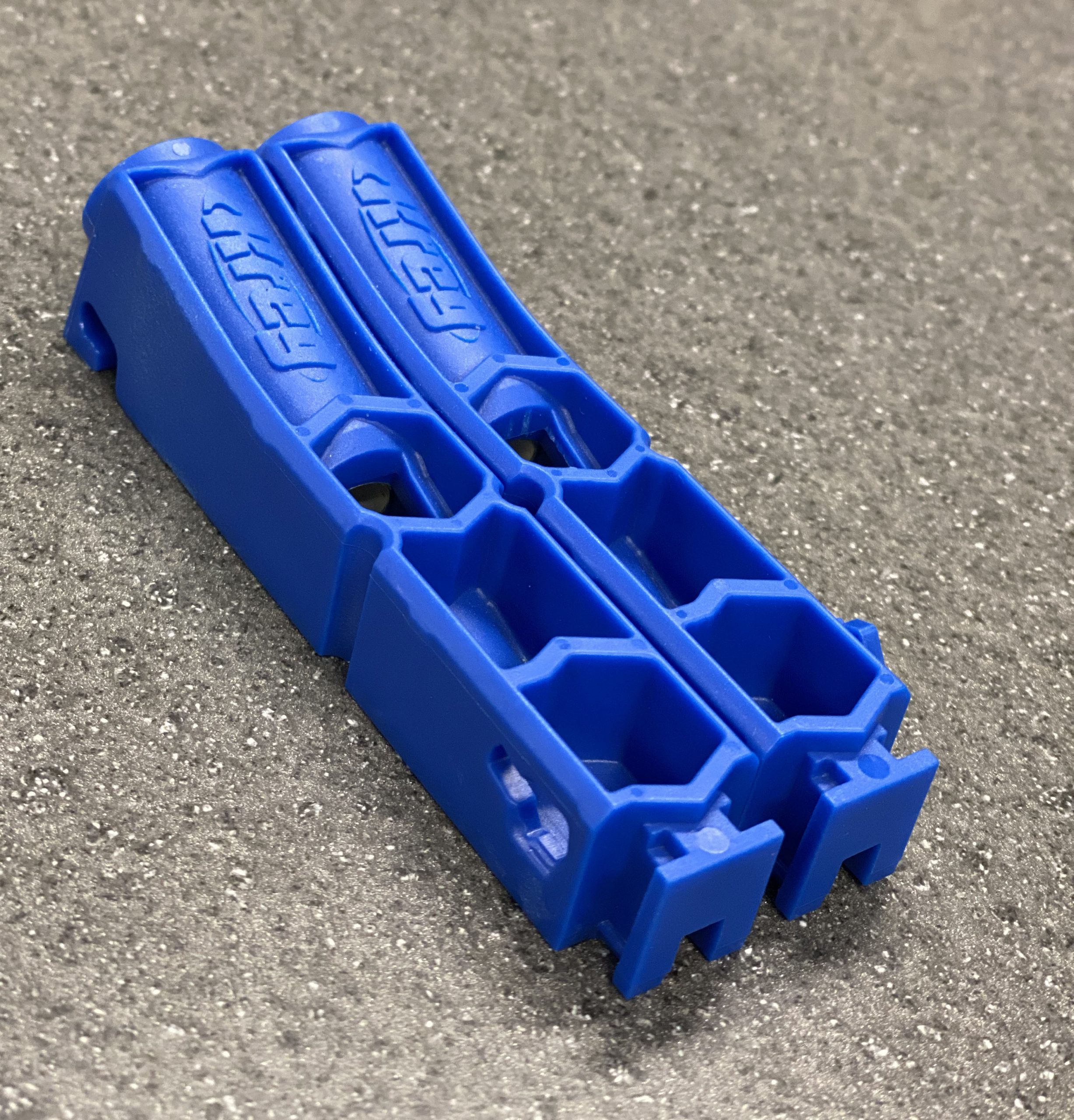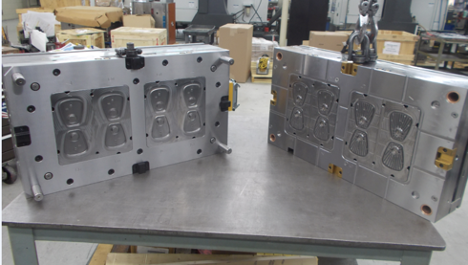The Power of Employee Engagement: Driving Retention and Quality in Manufacturing
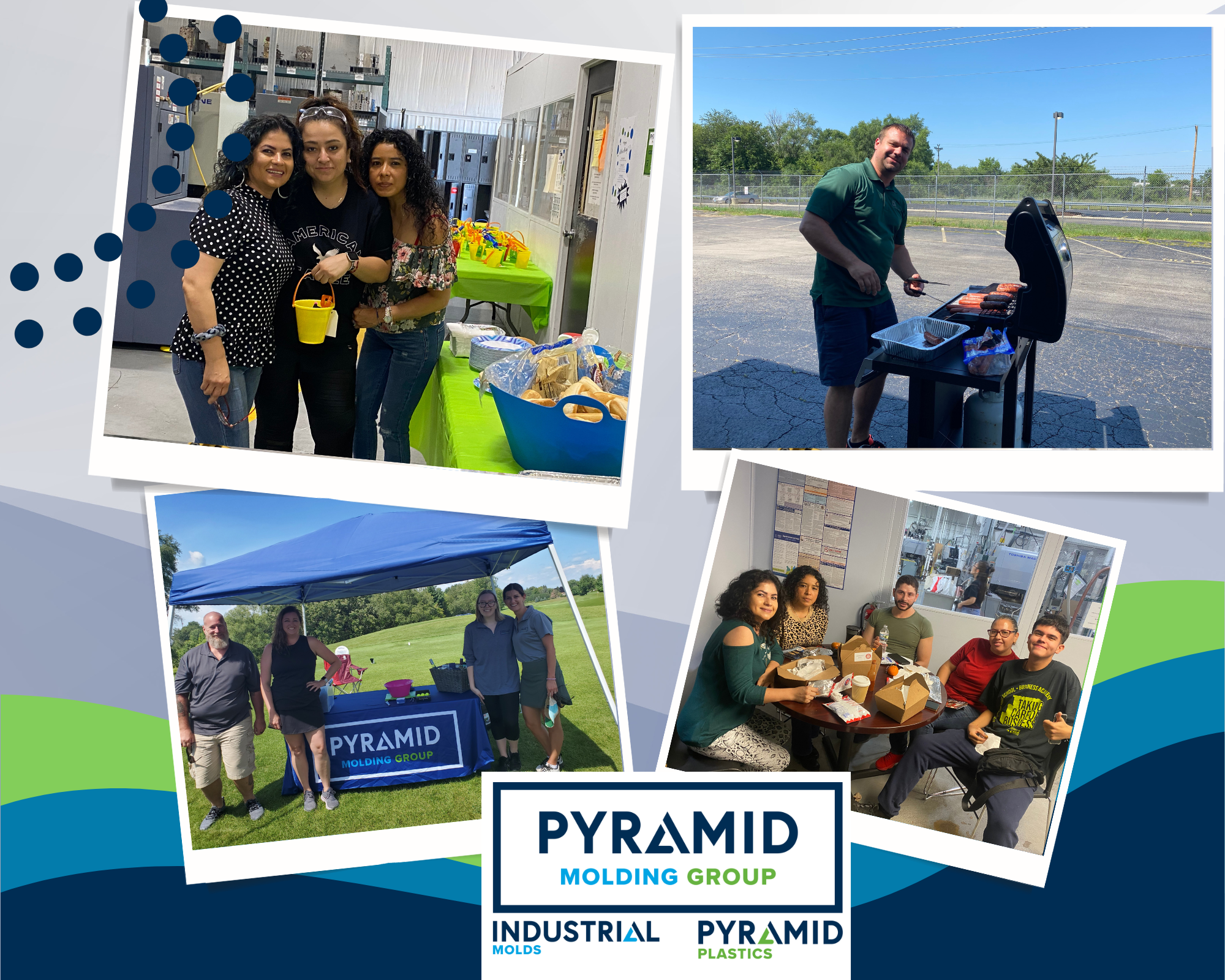
In the dynamic and competitive landscape of manufacturing, companies face numerous challenges, including employee retention and ensuring high-quality production. While various factors contribute to these challenges, one key solution lies in fostering strong employee engagement. Employee engagement goes beyond job satisfaction; it encompasses the emotional commitment and dedication that employees have toward their work and the organization.
Retention: The Costly Consequences of Employee Turnover
High employee turnover can be detrimental to any manufacturing organization. Losing experienced and skilled workers not only disrupts operations but also incurs significant costs in terms of recruitment, onboarding, and training. Employee engagement plays a pivotal role in reducing turnover rates. When employees feel valued, motivated, and connected to their work, they are more likely to stay with the company. Engaged employees develop a sense of loyalty and are less tempted by external opportunities. By prioritizing engagement, manufacturers can create a supportive work environment that encourages long-term commitment and reduces turnover-related costs.
Quality: Engaged Employees as Quality Ambassadors
Quality is a non-negotiable aspect of manufacturing. Engaged employees are more invested in the outcomes of their work, which directly translates into improved quality standards. Engaged workers take pride in their contributions and strive for excellence. They pay attention to detail, take ownership of their responsibilities, and actively seek ways to enhance processes and outcomes. Engaged employees become quality ambassadors, identifying potential issues, suggesting improvements, and upholding rigorous quality control measures. Their dedication and commitment significantly impact the overall quality of products, ensuring customer satisfaction and maintaining a competitive edge.
Collaboration and Innovation: Engaged Employees as Catalysts
Engaged employees are more inclined to actively contribute their ideas, suggestions, and innovations to improve manufacturing processes. They are driven by a sense of pride in their work and a desire to make a difference. Harnessing this creative potential can lead to optimized processes, streamlined operations, and innovative solutions that enhance quality and efficiency.

